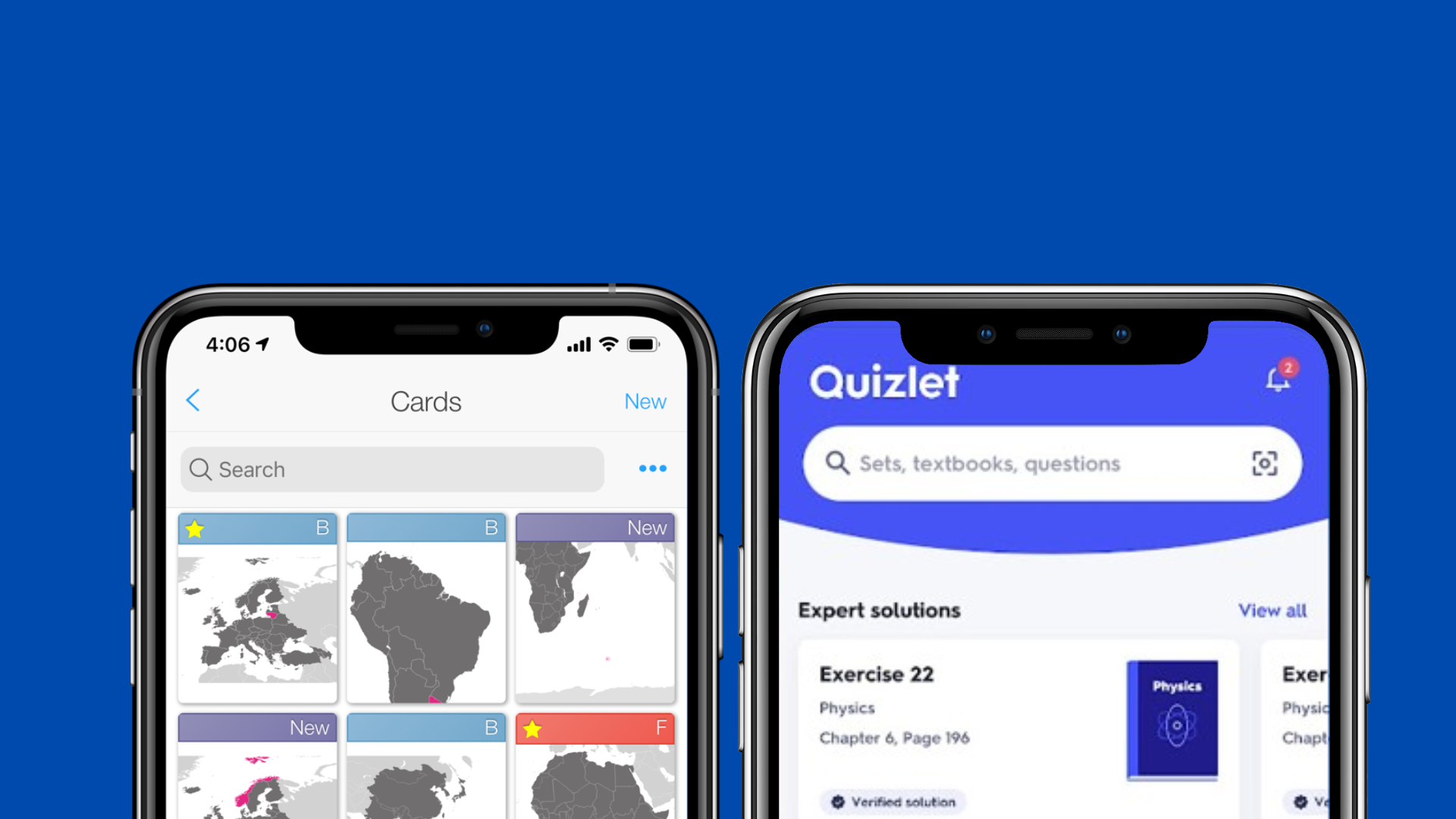Active recall, an efficient learning method practiced by educational psychologists and successful students worldwide, prompts learners to retrieve knowledge from their minds rather than simply reading a textbook passively. This post will dive into the most beneficial techniques of active recall based on empirical research and established pedagogical theories.
Flashcards
Flashcards are a popular method for active recall, especially for students learning new vocabulary, mathematical formulas, or scientific concepts. A study published in the “Frontiers in Education” journal demonstrates that flashcards, used properly, enhance both the depth and speed of learning by promoting mental retrieval.
Practice Testing
Another technique associated with active recall is regular practice testing. This technique can come in various forms: multiple choice, fill-in-the-blanks, or written responses. The “Journal of Experimental Psychology” published research suggesting that practice testing improves long-term knowledge retention.
Self-Explanation
This process involves clarifying concepts, ideas, or solutions in your own words. A study by the “American Psychological Association” states that self-explanation, as a form of active recall, is beneficial in realizing gaps in understanding and consolidating knowledge.
Teach Others
Explaining a learned concept to someone else is an effective active recall technique. This is related to the “protégé effect,” widely acknowledged in the field of education. Teaching reinforces your understanding of the topic, and the process of verbalizing the information aids memory retention.
Mind Mapping
Diagrams display relationships among various pieces of information and can help visualize and memorize complex ideas. Tony Buzan, a British psychologist, has endorsed this active recall method due to its efficiency in revealing connections among distinct ideas.
Spaced Repetition
This method involves reviewing information at increasing intervals over time. Research in the “Memory” journal posits that spaced repetition is an excellent tool to strengthen synaptic connections, thereby solidifying the information in long-term memory.
The Feynman Technique
Named after physicist Richard Feynman, this technique involves simplifying complex concepts to a level where you could explain them to a young child. This method works on the principle that if you can explain something in simple language, you truly understand it.
Quizzing
Solving quizzes is a great technique of active recall, as supported by the “Learning and Teaching” journal. Solving practice problems and quizzes challenges your brain to retrieve and apply knowledge, which, in turn, deepens learning.
Each technique proposed here has its unique strengths and can be applied in various learning contexts. The choice depends on personal preferences and the nature of the material. Remember, the key to effective active recall is consistent practice and repetition.
Final thoughts on Active Recall as a technique for studying
Please note that active recall techniques are not one-size-fits-all solutions and should be adjusted to meet individual learning needs and preferences. Always aim to incorporate a variety of strategies into your study sessions to keep your brain engaged and improve your retention.


